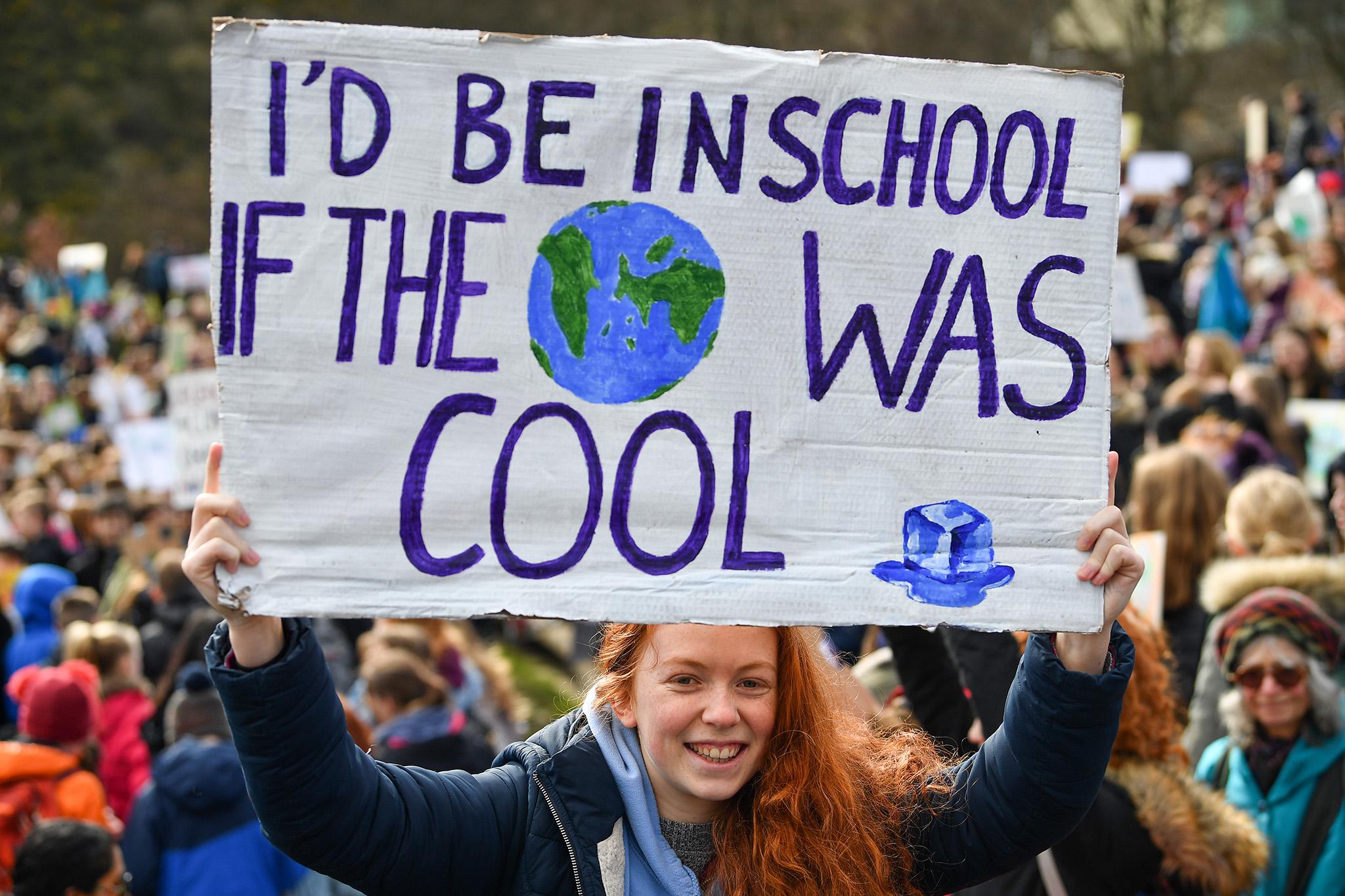Half of school leavers ‘have had no climate crisis education in past year’
’All students should leave school with the basic climate literacy’

Climate education is still lacking in British schools, with just over half of 15 and 16-year-olds in their final academic year saying they were taught about climate change in the past year.
The research from The Royal Meteorological Society in partnership with Ipsos also shows 20 per cent of pupils believe that they either have never been taught about it or cannot recall when they were taught about it.
The new research comes as student campaigners put pressure on the government to include compulsory teaching about climate change and its impacts.
Dr Sylvia Knight, head of education at The Royal Meteorological Society, said: “These results give us a really useful baseline against which we can measure the impact of future interventions on the climate literacy of our school leavers.
“At the Royal Meteorological Society, we are working very hard to see how we can best support teachers of all subjects to make use of the opportunities within the current curricula and exam specifications to teach climate change.
“All students should leave school with the basic climate literacy that will enable them to engage with the messages put forward by the media or politicians, or make informed decisions about their own opportunities and responsibilities and equip them with the skills that they’ll need for the green careers of the future.”

When asked how much the climate of the Earth had warmed since 1850, school leavers tended to overestimate, saying, on average, by 2.5C.
According to the Intergovernmental Panel on Climate Change, the true value is closer to +1.1C. However, 40 per cent of the pupils in the study said that they did not know how much the climate had warmed and could not give an answer.
Pupils were also unsure which sources had contributed the most to global warming, with only 18 per cent correctly identifying that industry, electricity and heat production had the biggest impact.
Positively, almost half (48 per cent) correctly identified that natural changes (such as volcanoes and variations in the Sun and Earth’s orbit) contributed the least to global warming.
Researchers from The Royal Meteorological Society surveyed 271 pupils aged 15 or 16 across England, Scotland and Wales.



Join our commenting forum
Join thought-provoking conversations, follow other Independent readers and see their replies
Comments